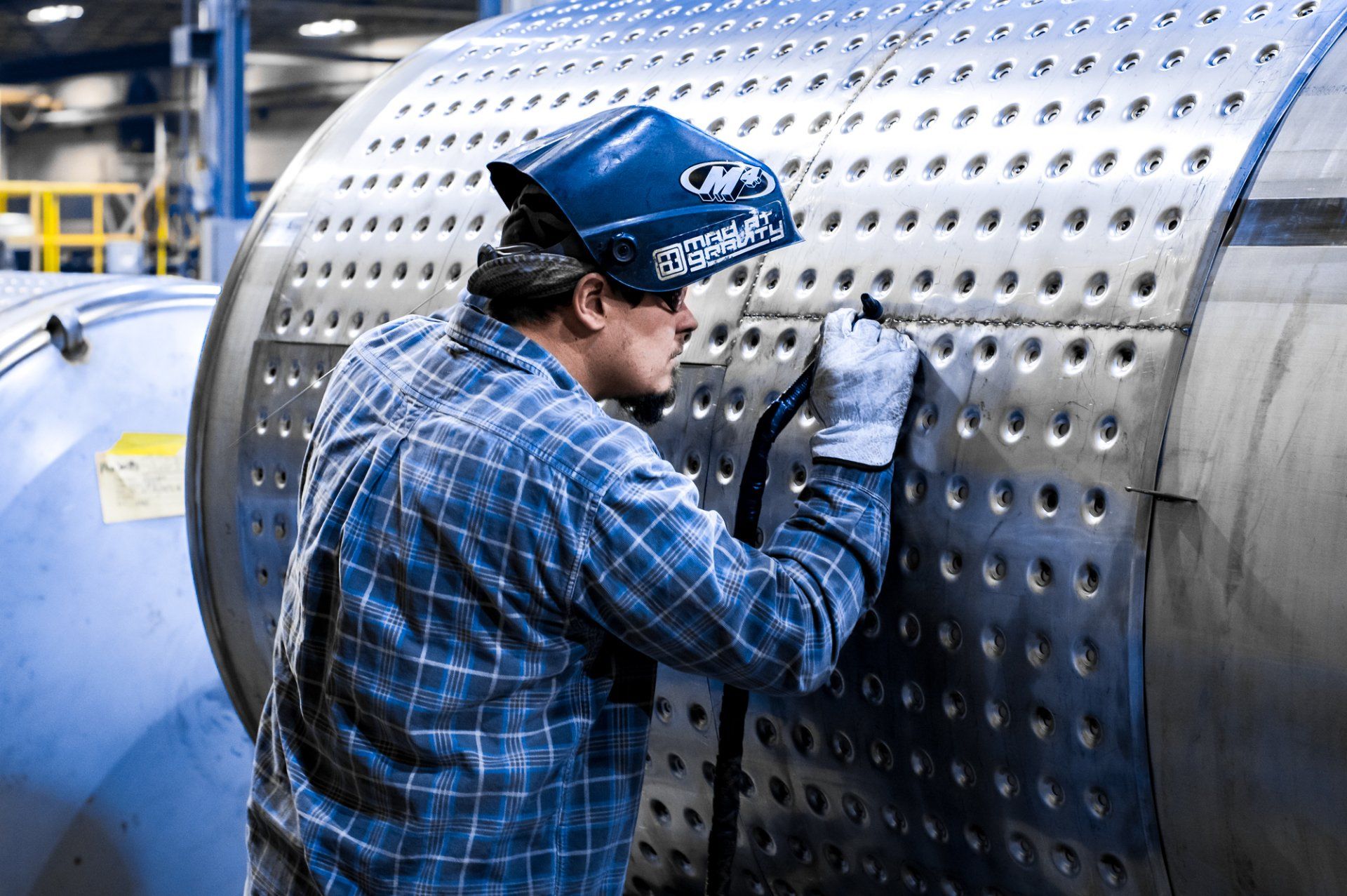Tips for Choosing the Right Steel Sheet for Your Project

Choosing the right steel sheet for your project is an important decision that can significantly impact the success of your endeavor, from construction to manufacturing. Steel sheets are thicker than foil and come in various shapes and sizes. When selecting your steel option, consider your project's requirements and necessary equipment.
Understand Your Project Requirements
Before learning about the vast array of steel options, you must clearly understand your project's requirements. Having a clear grasp of your project's needs will help you narrow down your choices. Consider the following factors:
- Load-bearing capacity
- Environmental conditions
- Corrosion resistance
- Aesthetic considerations
- Required thickness and dimensions
Types of Steel Sheets
Now that you’ve determined your project needs, you need to learn about the available types of steel sheets. Some commonly used steel sheets include:
- Stainless steel: A shiny, corrosion-resistant material often noted for its appealing look
- Cold-rolled steel: Has a smooth surface and is good for precision-based projects
- Galvanized steel: Made with zinc to prevent corrosion and damage, making it great for outdoors
- Alloy steel: A more substantial steel, it combines multiple elements to enhance strength, hardness, and corrosion resistance
Mechanical Factors To Consider
There are three main characteristics of steel to consider when selecting which sheet is right for you. These include strength, ductility, and corrosion resistance.
Strength
This is one of the most critical mechanical properties of steel. It determines the steel's ability to withstand applied forces without failing or becoming deformed. Steel has a high strength-to-weight ratio, making it an excellent choice for structural applications. When selecting which type of steel sheet to use, check its strength level before applying it to your project.
Ductility
Ductility is the factor that allows a material to change shape without breaking. While high strength is essential, steel's deformability causes it to alter and shift, making it practical for many applications. The percentage of elongation and reduction in area during a test is the measure of ductility.
Corrosion Resistance
Corrosion resistance is steel's ability to resist degradation when exposed to moisture, chemicals, and gases. While steel is both strong and pliable, it tends to rust without proper treatment. This is why galvanized, stainless, and alloy steel are so popular—they withstand corrosion.
You can decide on necessary materials by thoroughly understanding your project's needs and considering all steel types and their characteristics. At CMPI, we can provide polished stainless steel sheets cut to size to fulfill your needs. No matter what project you’re completing, from fabrication to manufacturing, following these tips for choosing the right steel sheet for your project will allow you to achieve a robust and durable result that meets your demands.





